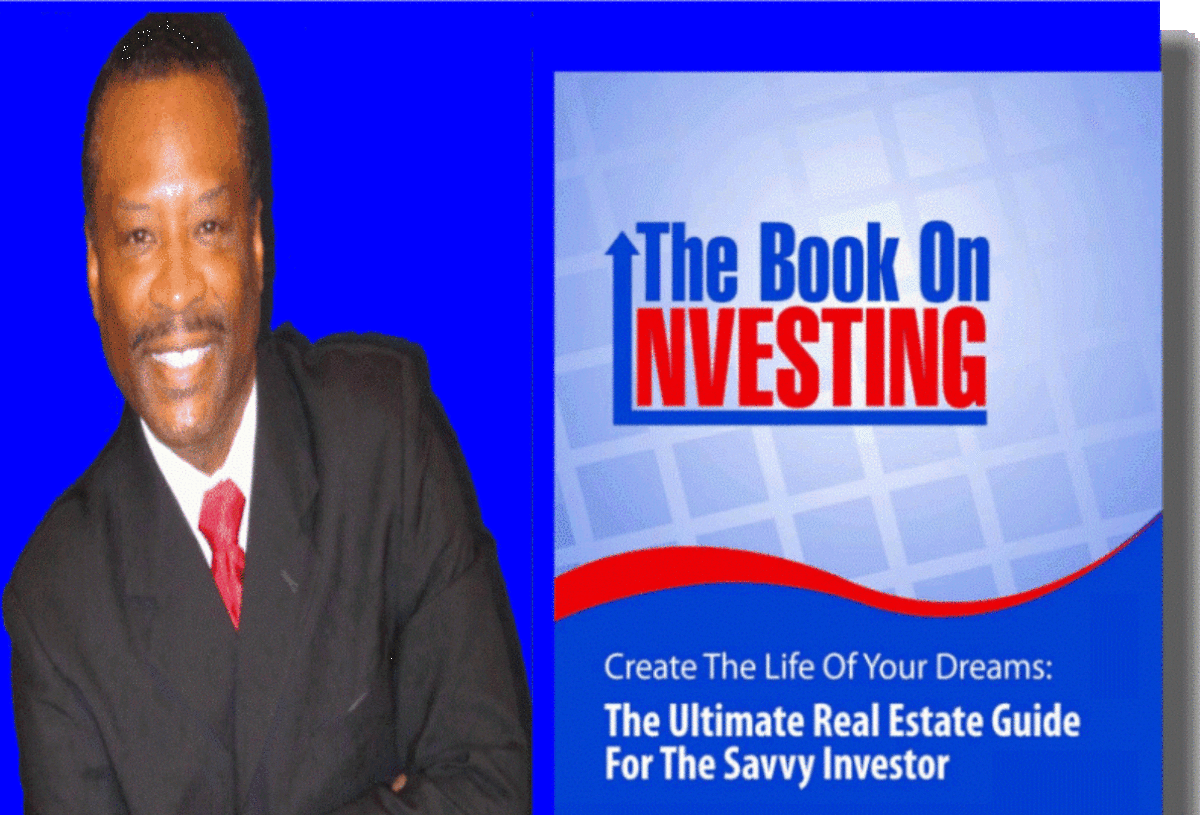, uses the well known Myers- Briggs personality traits test and applies it to finance and investing. Her thesis is that your financial personality trait can be a determining factor for your success in money management skills and in investing. Below is the chart of financial personality types. What type are you?
Debtor (D) / Saver (S)
Debtor: If you fit this category, you tend to borrow money to make major purchases rather than saving up the necessary cash. This personality type tends to always owe money either on credit cards, student loans, or mortgages. On the other hand, if you are a debtor, you tend to also use your debt strategically; borrowing money to take advantage of high-yield opportunities that will pay off later.
Saver: Savers usually do not like to owe anyone money and would prefer to own things outright, even if that means living according to a strict budget. If you are this type, you tend to cut expenses to ensure that you have a positive cash flow, and go without when you run low on money. Savers ensure they have money for now and for the future, investing with the goal of remaining financially comfortable at all times.
Aggressive (A) / Conservative (C)
Aggressive: This personality type uses an aggressive investment approach to look for earned income. If you are this type, you tend to favor high risk, high-yield funds. You are also very open to new or uncommon investment opportunities, such as futures, commodities, currency trading, and real estate investing.
Conservative: This personality type includes individuals who are very risk-averse and generally manage their finances so that they can never lose money. If you are a conservative investor, you tend to place a large proportion of your income into savings accounts, a mortgage, and low-risk private investments or company pensions.
Planning (P) / Impulsive (I)
Planning: The planning personality type tends to seek out opportunities to save money and to take strategic steps to do so within their household budget. Many planners are great at looking at the future and seeing what needs to be done today to reach their financial goals. If you are a planner, you also tend to be very good at identifying and prioritizing your various short-term and long-term financial goals.
Impulsive: Impulsive types often engage in deep thinking about their financial lifestyles. If you are impulsive, you tend to have a great strength that others don’t in terms of being able to make quick decisions about spending. For example, you might buy a house before anyone else makes a bid or snap up an investment before the price goes up. Impulsive types also tend to advocate using money for pleasure, like taking vacations and enjoying the fruits of your labor.
Giving (G) / Hoarder (H)
Giving: The giving financial personality type is driven by a desire to take care of the people or causes they love. If you are this personality type, then your primary quest is to find ways that you can serve others. Regardless of the amount that you have saved, your level of income, or the opportunities presented to you, you tend to find that there is always more that you can give to those you care about most.
Hoarder: In comparison, a hoarder personality tends not to like to part with money. If you are this personality type, money is a resource to be protected, treasured and analyzed on a regular basis. If you are a hoarder you are driven by fear of financial loss, thus you avoid situations that require parting with your money. Spending and lending money to your friends and family are behaviors in which hoarders rarely engage.
In Conclusion
In case you were wondering, I took the test and it turns out that I am APIG. APIG means: Aggressive, Planning, Impulsive, Giving. I am aggressive when it comes to investing with an ever watchful eye on return on investment. I always plan my strategy for investing and try to always think about the future. I am sometimes impulsive in my decision making as I believe in the speed of implementation. I am also giving. I believe in helping others to achieve their goals. I am always giving back to others of my time, knowledge, and resources to make a better world.
Tell me your financial personality type. Do you agree or disagree with the assessment?
To learn how we can help you achieve success by investing in real estate and in businesses, please follow us at The Book On Investing . Also, if you are interested in investing in real estate, join us at RADAR Investments.





